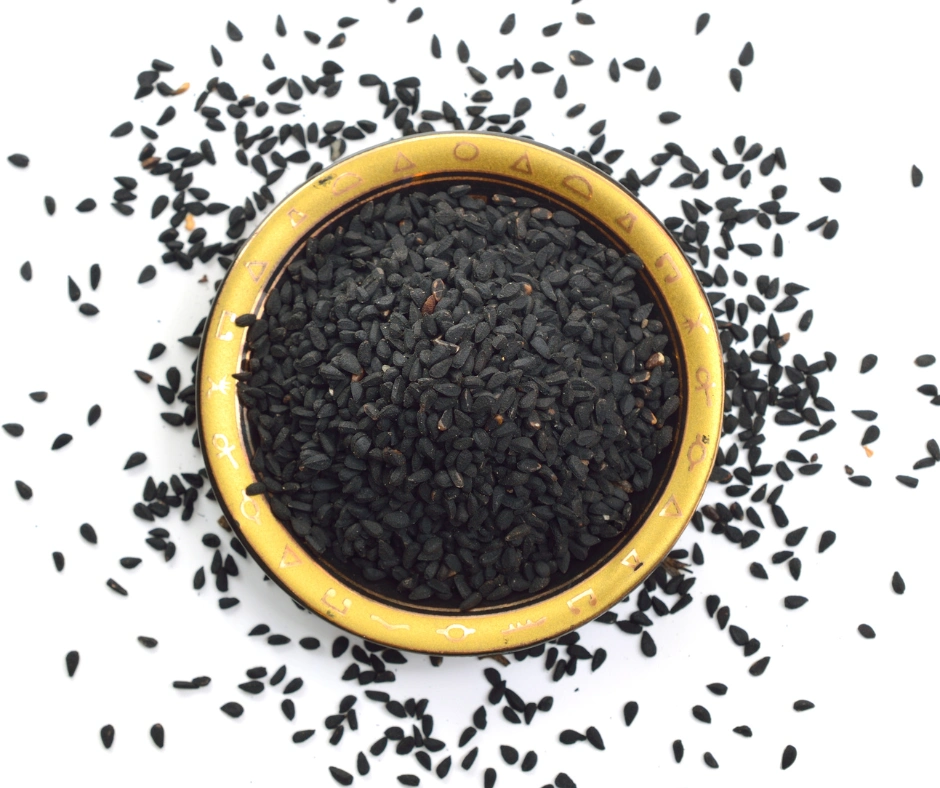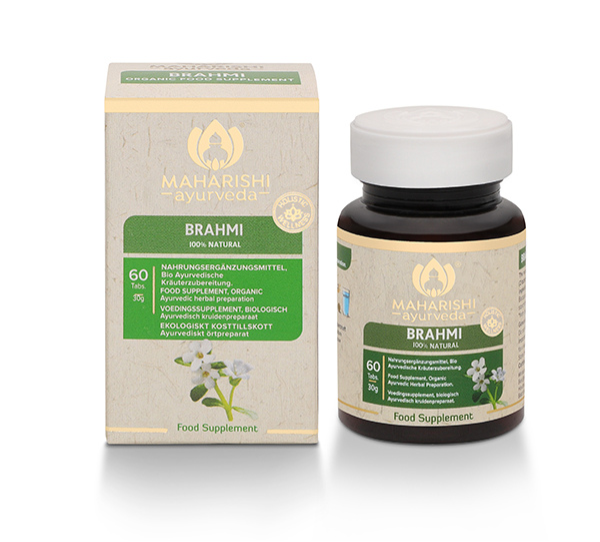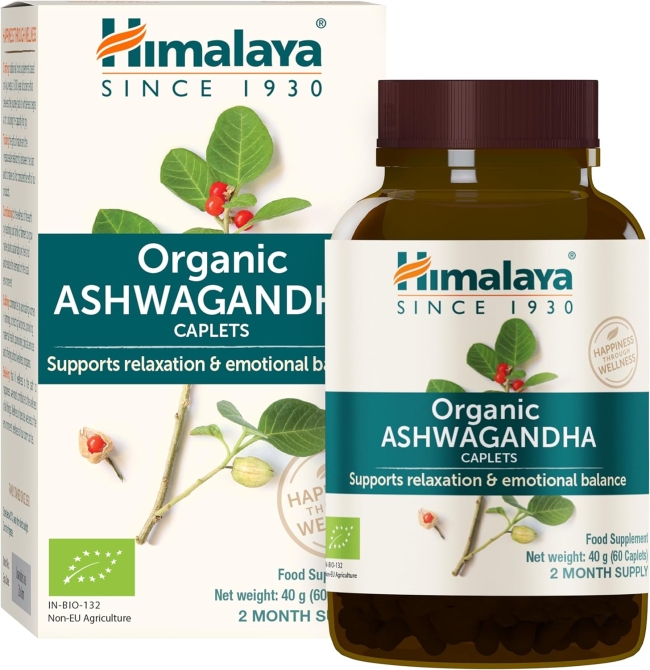Date: 02 Oct 2025
10 Proven Benefits of Black Seed Oil:
- Anti-inflammatory Effects - Black seed oil has powerful anti-inflammatory properties, which may help reduce inflammation in conditions like arthritis and asthma.
- Improved Respiratory Function - Black seed oil may help with asthma and chronic obstructive pulmonary disease (COPD), improving lung function and reducing symptoms.
- Immune System Support - Black seed oil has immune-boosting properties that can help strengthen the immune system and protect against infections.
- Antioxidant Activity - Black seed oil contains antioxidants that can help protect cells from oxidative stress and slow down aging processes.
- Digestive Health - Black seed oil may help with digestive issues like bloating and gas by stimulating the digestive system and improving nutrient absorption.
- Diabetes Management - Some studies suggest that black seed oil may help regulate blood sugar levels and improve insulin sensitivity in people with type 2 diabetes.
- Cardiovascular Health - Black seed oil may help lower cholesterol levels and blood pressure, contributing to better heart health.
- Skin Conditions - Black seed oil has antibacterial and anti-inflammatory properties that may help with skin conditions like acne, eczema, and psoriasis.
- Cognitive Function - Some research suggests that black seed oil may help improve memory and cognitive function, potentially reducing the risk of Alzheimer's disease.
- Cancer Support - Black seed oil contains compounds that may have anti-cancer properties, inhibiting the growth of cancer cells and inducing their death.
How to Use:
- Capsules or Liquid Extract: Recommended dosage varies, but typically between 500 mg and 2 g daily.
- Topical Application: Apply black seed oil directly to the skin for conditions like acne, eczema, or psoriasis.
- Food Supplement: Add a small amount of oil to salads or other dishes.

Precautions:
- Pregnant and breastfeeding women should avoid using black seed oil without consulting a healthcare provider.
- Individuals with allergies to plants in the Ranunculaceae family should exercise caution.
- Consult a doctor if you are taking medications for diabetes, hypertension, or have autoimmune conditions.
«1»

















Post comment